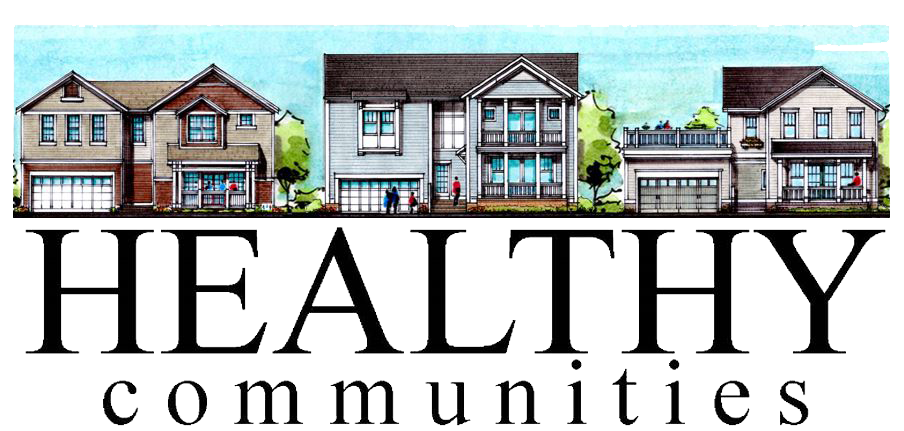If you’re in the market for new appliances and want to maximize their efficiency, you will likely be recommended Energy Star products. But what exactly does “Energy Star” refer to? What makes a product Energy Star rated in Williamsburg, VA?
The Energy Star label on any kind of product indicates it has been independently certified to meet and exceed some of the strictest industry standards for energy efficiency, which are regulated by the U.S. Environmental Protection Agency (EPA). This can include everything from light bulbs to water heaters and other large appliances. According to the Energy Star website, as of 2018 there were approximately 800,000 Energy Star-certified products sold every single day.
What makes a product Energy Star rated?
The standards for an official Energy Star rating have evolved over the last couple decades as the technology for many products has improved. For example, Energy Star specifications for refrigerators were first established in the mid-‘90s, and have been updated several times since then as the average volume of refrigerators increased and as the technology used in developing those refrigerators improved. Over time, Energy Star ratings for refrigerators have helped to reduce the average energy consumption of those units by 24 percent, despite 18 percent average volume increases.
The standards for an Energy Star rating vary from product to product, and individual criteria are set by the EPA and/or the U.S. Department of Energy. Some examples of these standards include:
- Televisions: Energy Star certified TVs must consume 3 watts or fewer when turned off, compared to standard televisions that consume approximately 6 watts on average.
- Light bulbs: Compact fluorescent (CFL) light bulbs use approximately two thirds less energy than a standard incandescent bulb. Those CFL bulbs must also meet additional reliability and operational guidelines to earn an Energy Star rating.
- Refrigerators: Refrigerators must be at least 15 percent more efficient than the minimum efficiency standards set in federal regulations.
- Office equipment: To be Energy Star certified, office equipment must enter a low-power sleep mode after a certain period of inactivity.
- Furnaces: Furnaces must offer a 90 percent or greater AFUE rating, which is approximately 15 percent more efficient than the minimum standards set by the federal regulatory bodies.
The primary benefit of Energy Star certification is that it is significantly better for the environment to use much more efficient products whenever possible. Of course, there are incentives for businesses and homeowners to use these products, as well. Over time, they will result in cheaper operation. Even when they cost more up front, the long-term operational expenses are lower due to decreased power requirements, so you can expect lower utility bills. In addition, there are various federal grants, tax deductions and tax credits available for individuals and businesses who use certain types of environmentally-friendly products.
Interested in learning more about the Energy Star program and how certification works for Energy Star products? We encourage you to contact the team at Healthy Communities today with any questions. We will also be able to recommend specific Energy Star products for you to use in your home remodel or custom home build in Williamsburg, VA.
